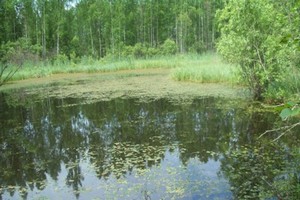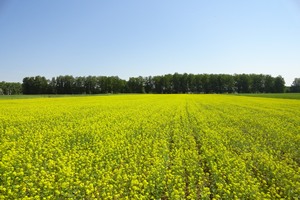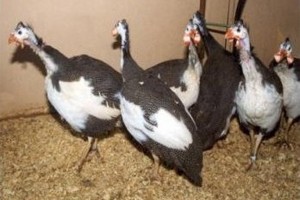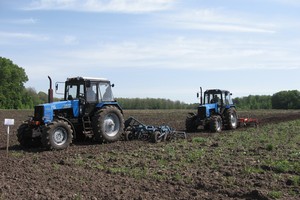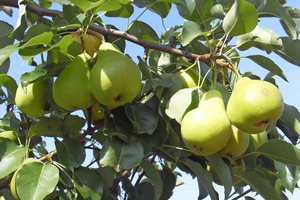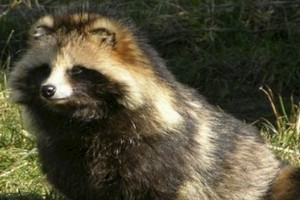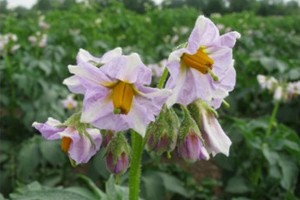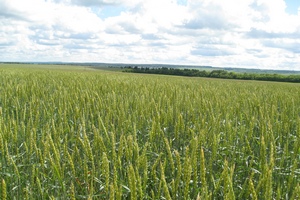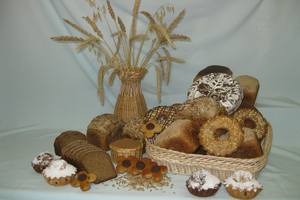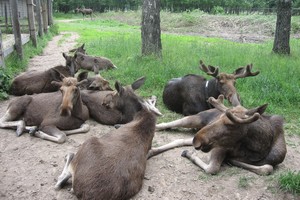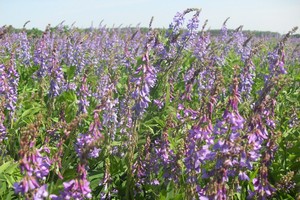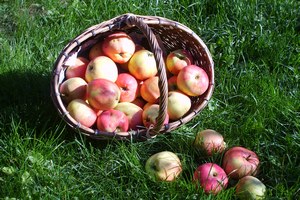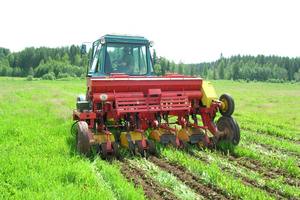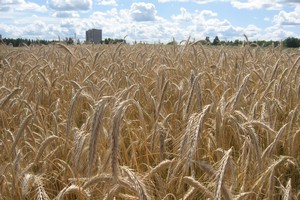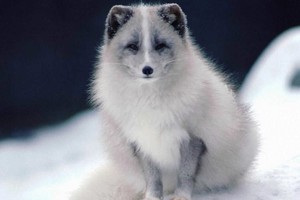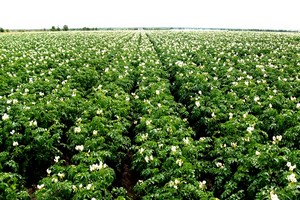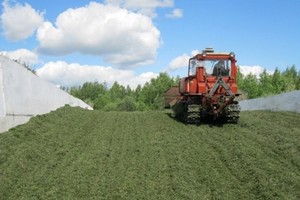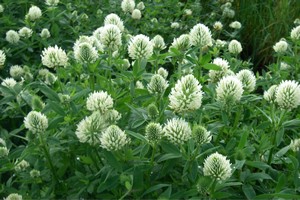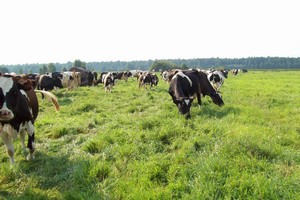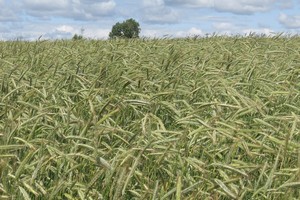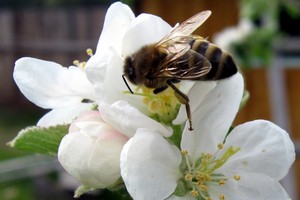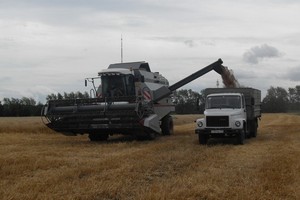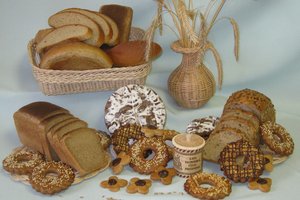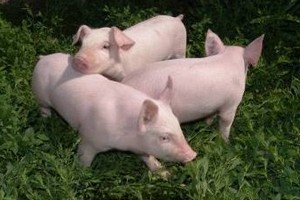Use of marker-assisted selection in creation of models of cereal crops varieties resisted to abiotic stresses
doi: 10.30766/2072-9081.2018.64.3.04-12.
read allE.M. Lisitsyn, DSc in Biology, senior researcher, leading researcher, Head of the Department, e-mail: edaphic@mail.ru
ORCID ID 0000-0002-3125-3604
Federal Agricultural Research Center of the North-East named N.V. Rudnitsky, Kirov, Russian Federation, e-mail:priemnaya@fanc-sv.ru
Under the conditions of constantly changing industry demands and worsening of ecological situation, models of agricultural crops varieties must be regularly modernized. While creating a varietal model it is necessary to do the genotyping of parental plants (at the first stage of model design) and most suitable plants from hybrid segregating populations (at the third stage). MAS-breeding allows to reduce significantly time and labor cost of this work as compared to the traditional technology of genotype evaluation by phenotypic display of a trait. Different markers of trait existing today desired to be introduced into newly created varieties are considered in the review: morphological markers, physiological-biochemical (allozime) markers and different types of molecular markers (microsatellites and quantitative trait loci). The characteristics is given to the most widespread methods of marker-assisted selection; reasons of MAS-breeding popularity within private and public breeding companies are considered; examples of successful use of molecular markers in programs on increasing the resistance of cereal crops to drought, heightened acidity and content of aluminum ions are presented. Reasons of relatively low success in creation of varieties resistant to abiotic stresses as compared to breeding for disease resistance are observed separately. Special attention is paid to genetic complexity in control of quantitative traits; to the influence of environmental factors on display of link between quantitative trait
loci and genes marked by them. Conclusion is made on high perspective in use of molecular markers in investigation projects on development and creation of varietal models of agricultural crops which combine high productivity and product quality with resistance to stress abiotic environmental factors.
Keywords: population, quantitative trait locus, backcrossing, recurrent selection, drought, aluminum-resistance, phenotyping
For citation:
Lisitsyn E.M. Use of marker-assisted selection in creation of models of cereal crops varieties resisted to abiotic stresses // Agrarnayа nauka Evro-Severo-Vostoka. 2018. Vol. 64. no. 3. pp. 4-12. doi: 10.30766/2072-9081.2018.64.3.04-12
